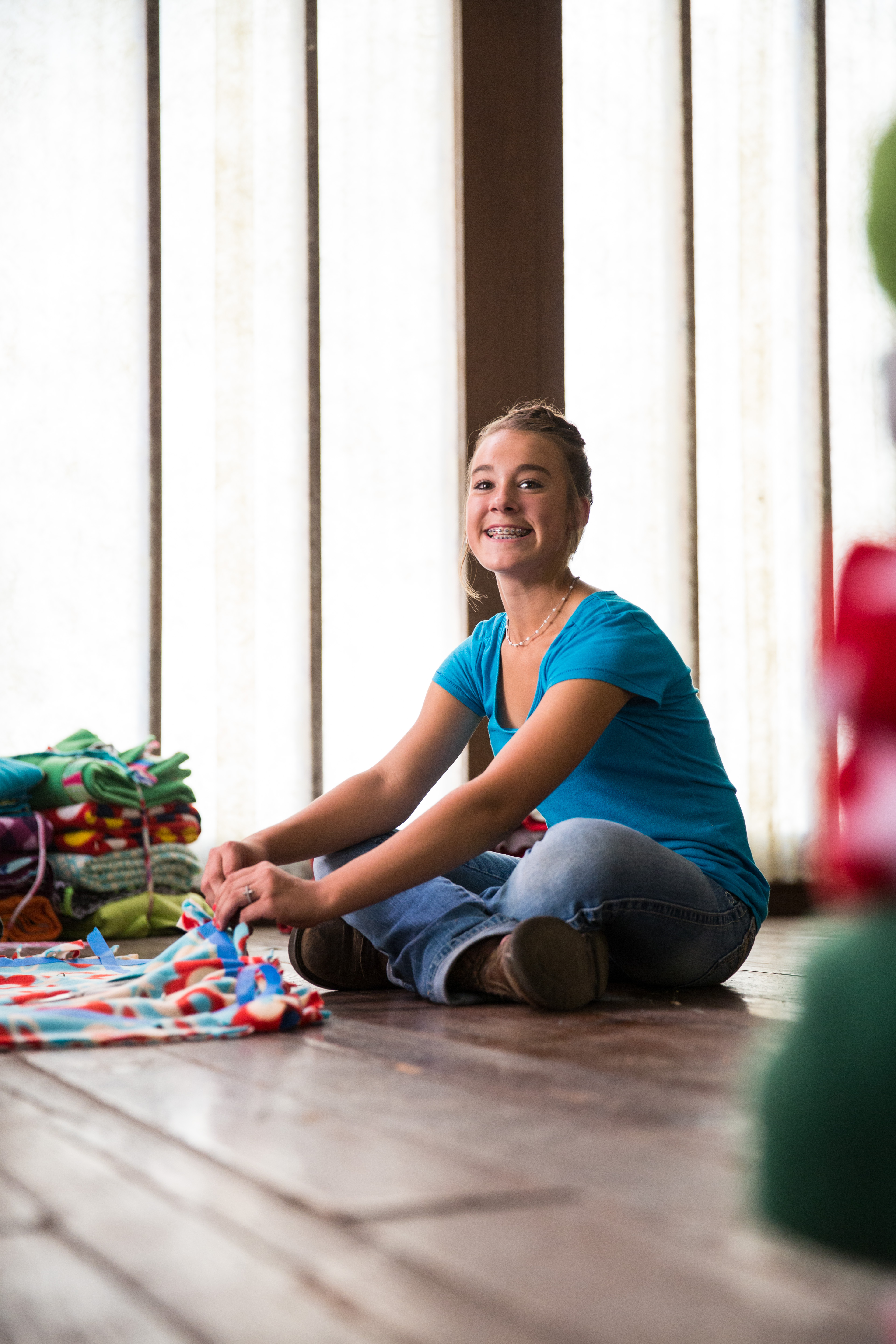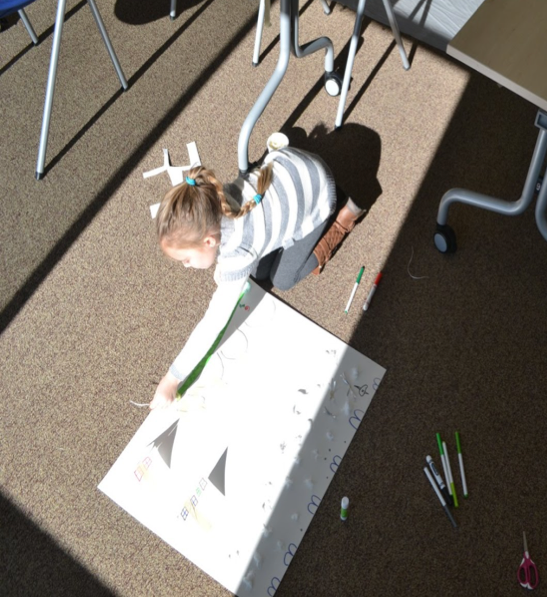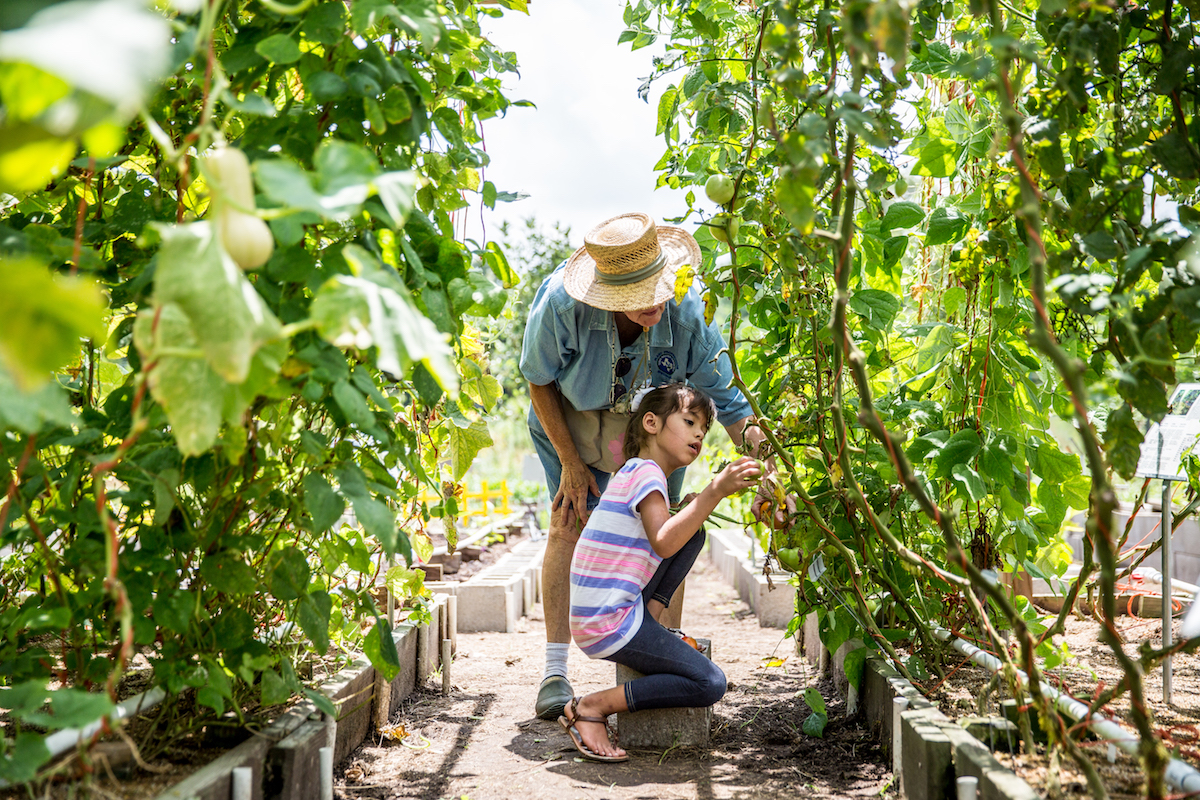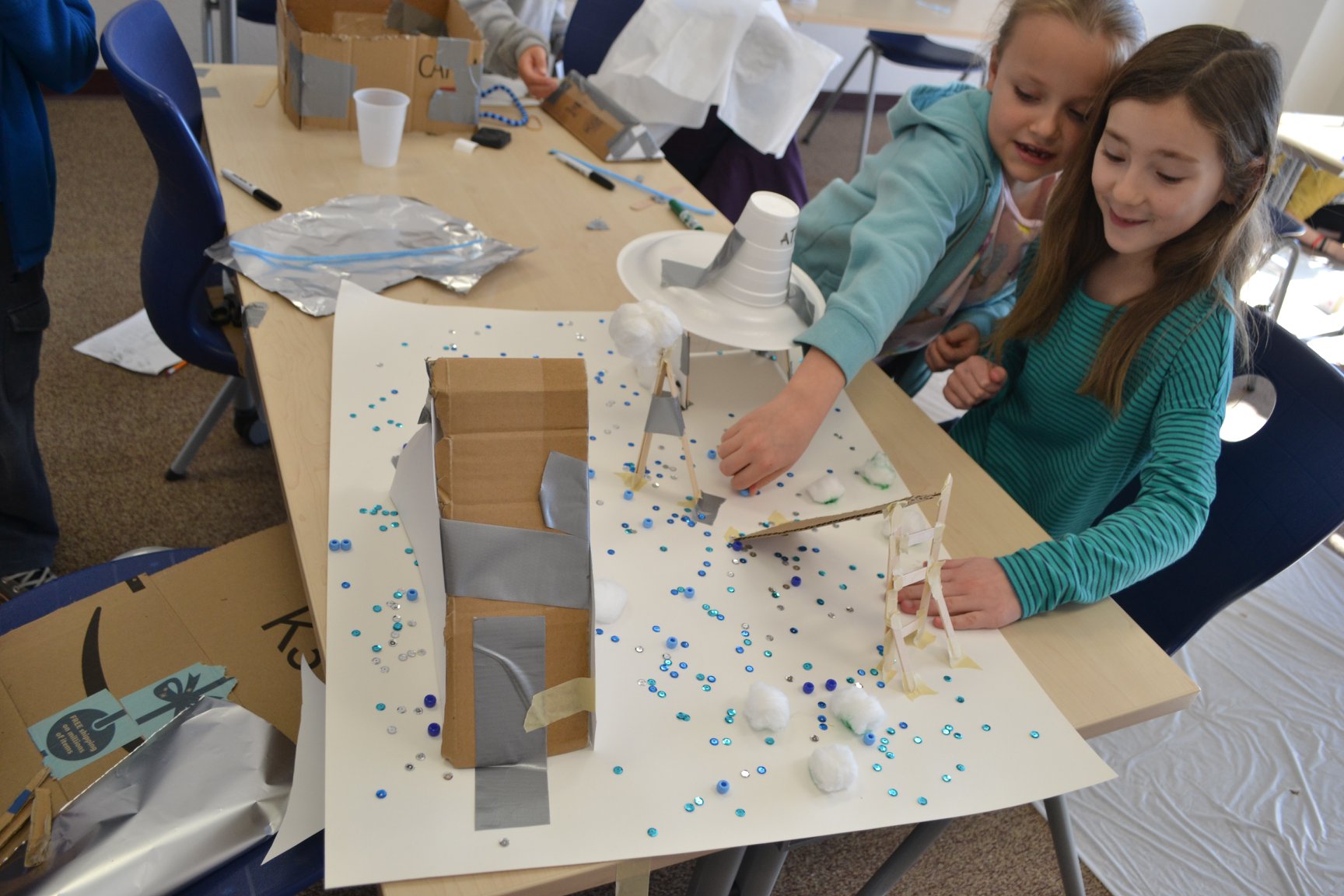Learning to Try Again
go.ncsu.edu/readext?579009
en Español / em Português
El inglés es el idioma de control de esta página. En la medida en que haya algún conflicto entre la traducción al inglés y la traducción, el inglés prevalece.
Al hacer clic en el enlace de traducción se activa un servicio de traducción gratuito para convertir la página al español. Al igual que con cualquier traducción por Internet, la conversión no es sensible al contexto y puede que no traduzca el texto en su significado original. NC State Extension no garantiza la exactitud del texto traducido. Por favor, tenga en cuenta que algunas aplicaciones y/o servicios pueden no funcionar como se espera cuando se traducen.
Português
Inglês é o idioma de controle desta página. Na medida que haja algum conflito entre o texto original em Inglês e a tradução, o Inglês prevalece.
Ao clicar no link de tradução, um serviço gratuito de tradução será ativado para converter a página para o Português. Como em qualquer tradução pela internet, a conversão não é sensivel ao contexto e pode não ocorrer a tradução para o significado orginal. O serviço de Extensão da Carolina do Norte (NC State Extension) não garante a exatidão do texto traduzido. Por favor, observe que algumas funções ou serviços podem não funcionar como esperado após a tradução.
English
English is the controlling language of this page. To the extent there is any conflict between the English text and the translation, English controls.
Clicking on the translation link activates a free translation service to convert the page to Spanish. As with any Internet translation, the conversion is not context-sensitive and may not translate the text to its original meaning. NC State Extension does not guarantee the accuracy of the translated text. Please note that some applications and/or services may not function as expected when translated.
Collapse ▲“I give up!” A phrase said and often shouted by frustrated youth as they try something new which they don’t immediately grasp. It gets even harder when they look around and see others who might be farther along. They want to succeed. They want to be competent in the skill. More than any of that, what they really want is to not fail.
This is unfortunate because out of these perceived failures comes amazing growth and development when we focus on reflecting on what went wrong and trying again. When these frustrated youth do try again they begin to develop important life skills such as resiliency, planning, goal setting, problem solving, and learning to learn.
Developing a New Skill
Trying again at new skills like riding a bike, reading a larger chapter book, learning to code, writing a story, painting, and any other skill is essential. If you never got back on the bike after falling off, you would have never have learned how to ride a bike.
We love for our youth to feel successful but that does not always mean that they were able to do what they set out to do immediately. Success is trying again, reflecting on what went wrong, trying something in a different way, then setting small goals for improvement. We can celebrate missteps when we learn and grow from them!
Problem Solving and Critical Thinking
A lego kit, lip balm kit, painting set, and car model are all exciting activities but can often lead to the statement, “I give up! Will you do it?” Youth feel like they are not able to complete these activities correctly because they don’t have the skills but that you, as an adult, can. They don’t want to fail. Unfortunately, that also means that they won’t end up learning how to do it.
Instead of taking over, encourage them to try. This often means it will be much messier and take longer but remember that they are learning how to problem solve. When a child hits a roadblock, encourage them to think about what did not go well and how that could be fixed. Then let their critical thinking get to work. Their ability to overcome their frustration and mistakes will build resiliency to be able to persevere in the future.
Creating Opportunities for Learning through “Failure”
We want to provide opportunities for youth to try again in low-risk environments where they have plenty of time to try again and explore several different methods. Here a few ways to help your child learn to try again:
- Be welcoming of projects that look different than how you envisioned-
 Allowing youth the creativity and opportunity to create/explore what they envision encourages them to keep trying.
Allowing youth the creativity and opportunity to create/explore what they envision encourages them to keep trying. - Take time to reflect on positives and areas for improvement in a project- Spend time discussing with your youth what went well and what they struggled with and/or would change. Ask them how they can apply that in the future. Can they change what they have already done?
- Don’t do it for them- Allowing your youth to try and try again is important. If they feel that someone, who they think has better skills, will do it for them then they won’t try.
- Allow unstructured play- Playing is a fantastic time for youth to try new things and develop creative problem-solving skills. (Shafer, 2018)
- Support open-ended arts and crafts– Arts and crafts have been linked to increased scientific success in a number of studies. Youth learn spatial reasoning, observation, and visualization through arts and crafts. (Root-Bernstein and Root-Bernstein, 2013)
Opportunities in 4-H
We focus on learning by doing in 4-H and have a number of great ways for youth to explore and learn to try again!
- 4-H Youth Explore program- This program is entirely geared to provide a space and resources for youth to explore, try to build new things, change them, and try again! Each month is a different broad challenge and then they have lots of time to just “make”.
- Camden 4-H Clubs- We currently have three 4-H clubs that all provide lots of opportunities for youth to develop new skills and keep working towards them.
- State 4-H Summer Camp- Summer camp is a great opportunity for youth to try lots of new things in a friendly and inviting environment.
- 4-H Project Curriculum– We have a wide variety of project curriculum books that cover a huge range of projects. Let us know your child’s interest and we can connect you with high-quality, research-based project curriculum books for kids to explore at home!
To find more information and to get involved in these programs call the N.C. Cooperative Extension, Camden County Center at 252-331-7630 or email ali_huber@ncsu.edu. We are looking forward to trying new things!
Sources:
Shafer, Leah. 2018. Summertime, Playtime. Harvard Graduate School of Education- Usable Knowledge.
Root-Bernstein, Robert & Root-Bernstein, Michele. 2013. The Art and Craft of Science. ASCD.







